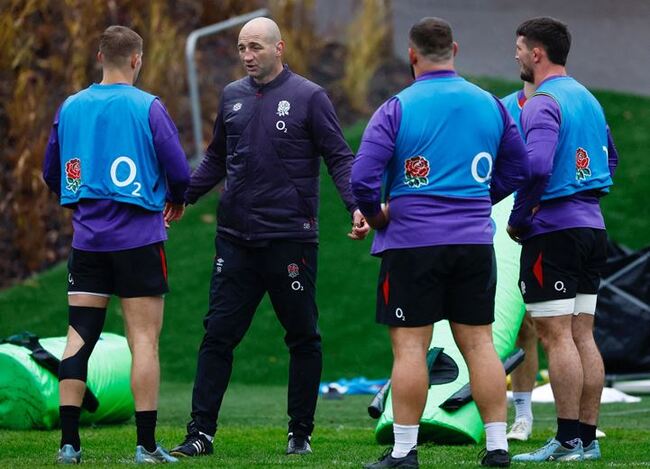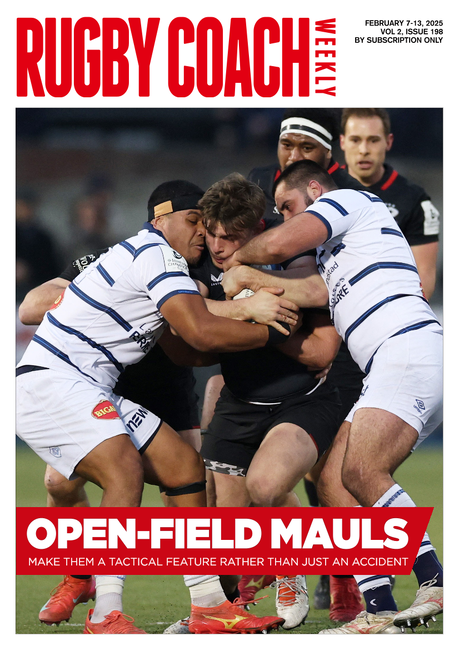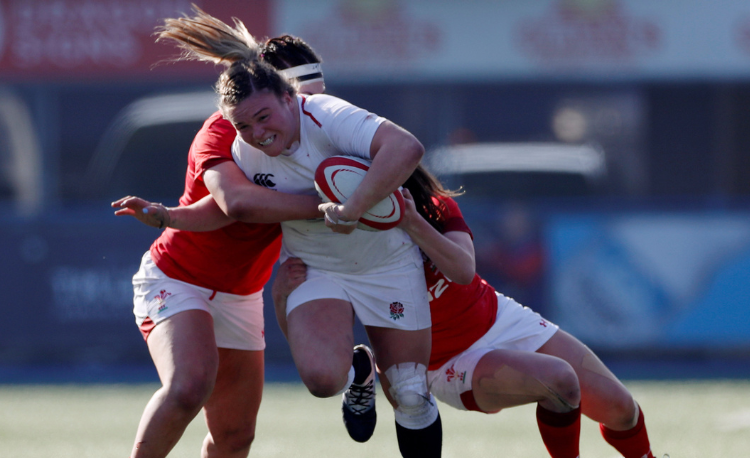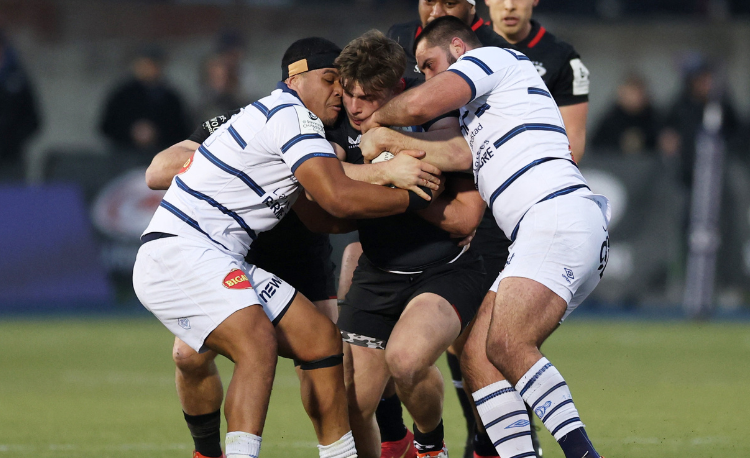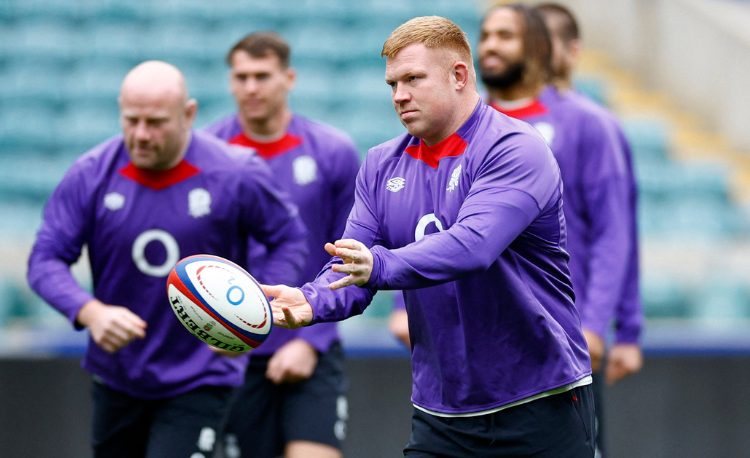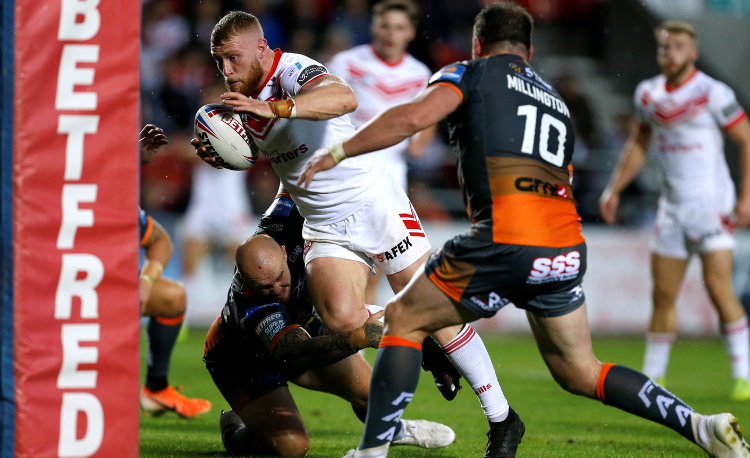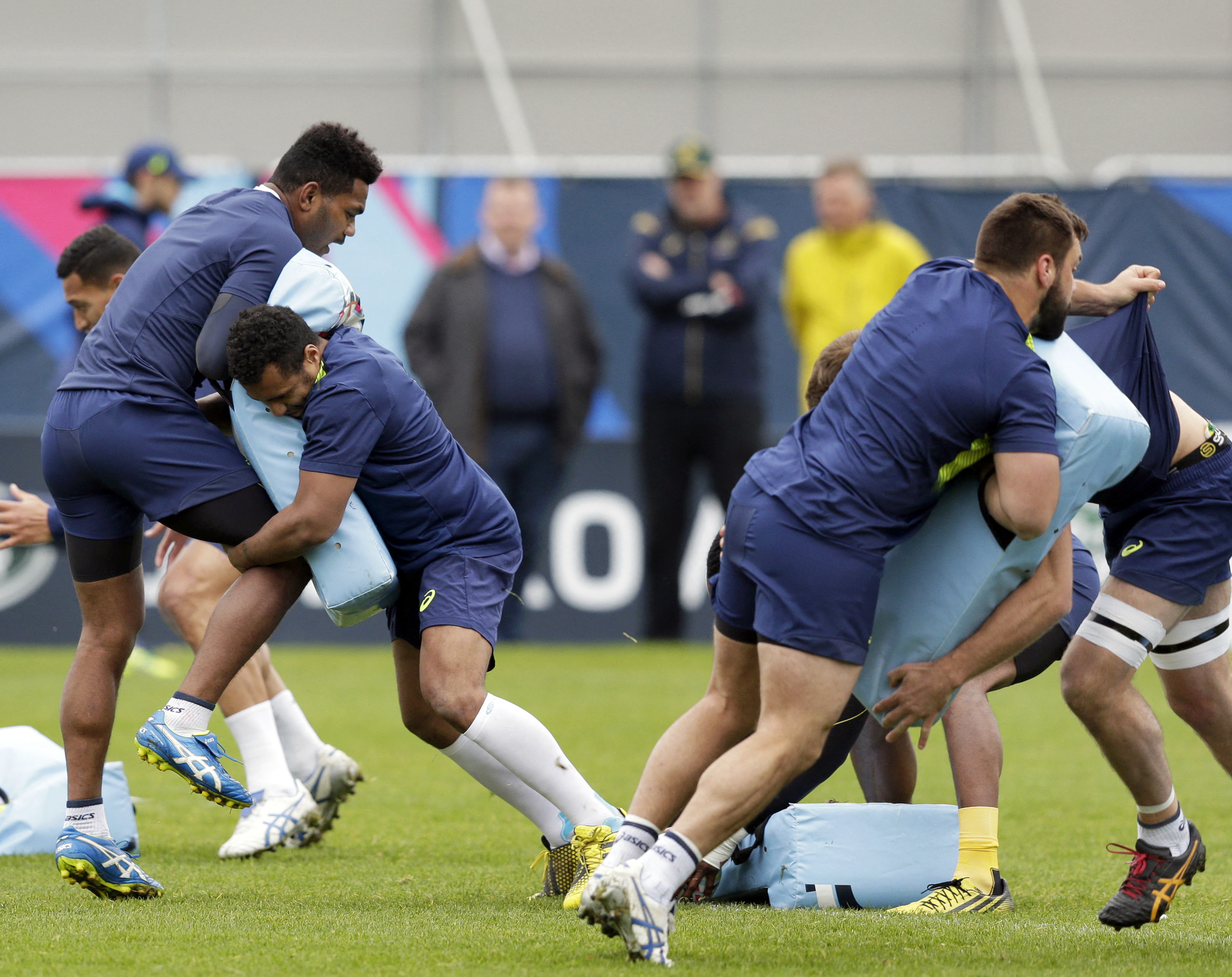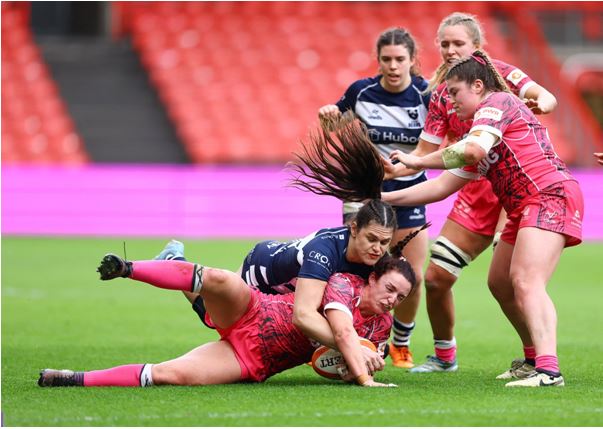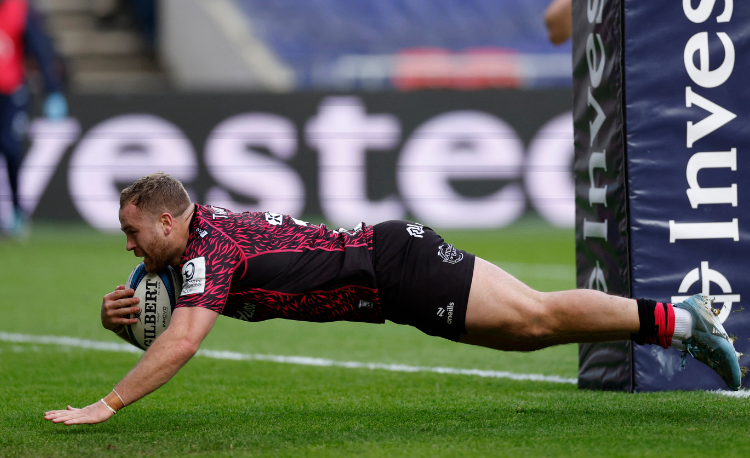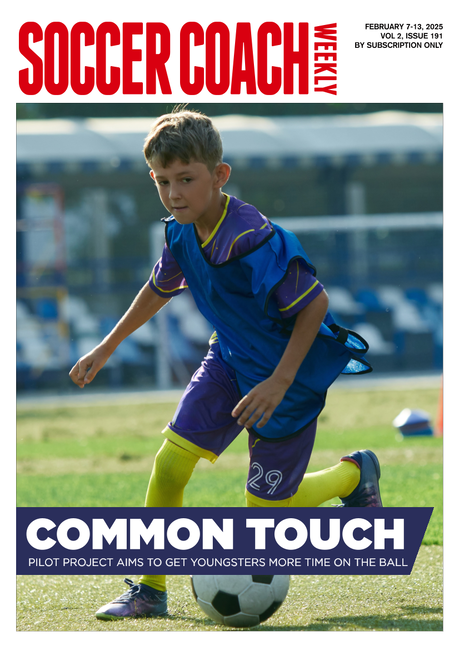Questioning is a powerful coaching tool, but overuse can hinder progress. Balancing direct instruction, guided discovery, and demonstrations optimizes learning.
Some questions and some clues
There’s no doubt that questioning has some powerful outcomes when used correctly.
We can challenge our players to think for themselves, or check for understanding. It can involve the player in their own development, and empower them to seek learning for themselves.
But it can also be unwieldy. There’s a case that the session needs to rattle on, rather than keep pausing.
One solution is to ask questions in-session, and not expecting an answer there and then. You can pick this up with the players later, maybe in a water break or after the session.
You can avoid drawn out answers by asking for demonstrations. This is particularly applicable in a sporting context.
"Show me how you might improve your spin pass" is a good way to avoid a muddled explanation of hand positions, shoulder turn and hip rotation.
Players also become tired of the process. Often, they just want to be told. You can’t deep-think everything.
Mix up the way information is provided, with direct answers, guided discovery and questions.
Guided discovery is where you give part of the answer, but not all of it. It might come in the form of a challenge or a constraint, which reveals the answer more quickly.
Our players are non-linear dynamic systems. Our input into their learning process doesn’t have a relative effect on their actual learning. And the learning they do exhibit may not reveal itself for some time. Even worse, they can forget it and sometimes then remember it later.
This is why we need to both use, and, at times, avoid using, questions as an approach to coaching.
Questions give us feedback, as well as the other benefits I’ve outlined. That we might not get the right answers immediately might make us up the ante in our next session, to bed down the skills we did in the last session. In that case, questions lead us in the wrong direction.
That’s when your coach-sense skills need to click in, to read other signals on whether players are learning.
Dan
---
QUOTE
"I wasn’t super confident over it but I have kicked hundreds of thousands of balls in the last five to 10 years, so I went back to that. I tried to picture myself at the local rugby club kicking a ball, really relaxed to block out everything, and thank God it went over."
Northampton’s Fin Smith, on kicking the winning penalty to beat Bath, after making a few earlier mistakes
Newsletter Sign Up
Coaches Testimonials

Gerald Kearney, Downtown Las Vegas Soccer Club

Paul Butler, Florida, USA

Rick Shields, Springboro, USA

Tony Green, Pierrefonds Titans, Quebec, Canada
Subscribe Today
Be a more effective, more successful rugby coach
In a recent survey 89% of subscribers said Rugby Coach Weekly makes them more confident, 91% said Rugby Coach Weekly makes them a more effective coach and 93% said Rugby Coach Weekly makes them more inspired.
Get Weekly Inspiration
All the latest techniques and approaches
Rugby Coach Weekly offers proven and easy to use rugby drills, coaching sessions, practice plans, small-sided games, warm-ups, training tips and advice.
We've been at the cutting edge of rugby coaching since we launched in 2005, creating resources for the grassroots youth coach, following best practice from around the world and insights from the professional game.
